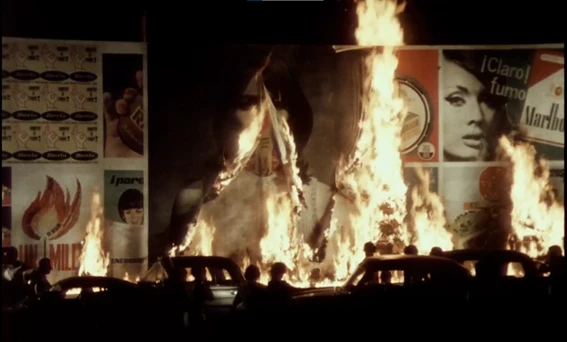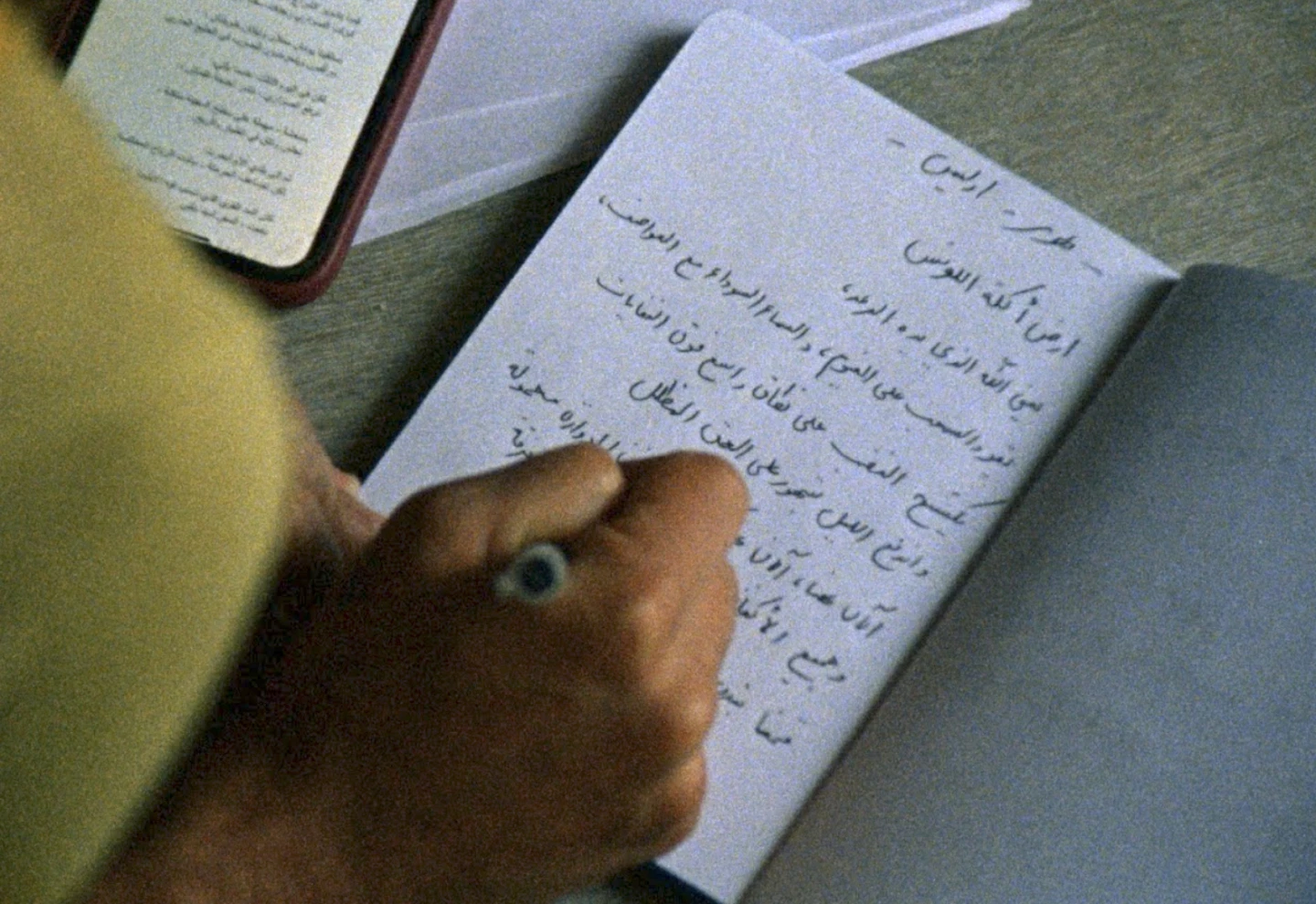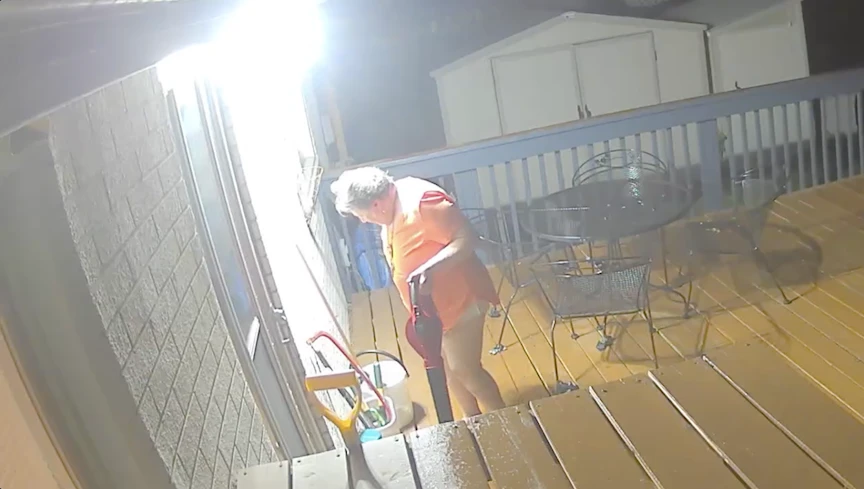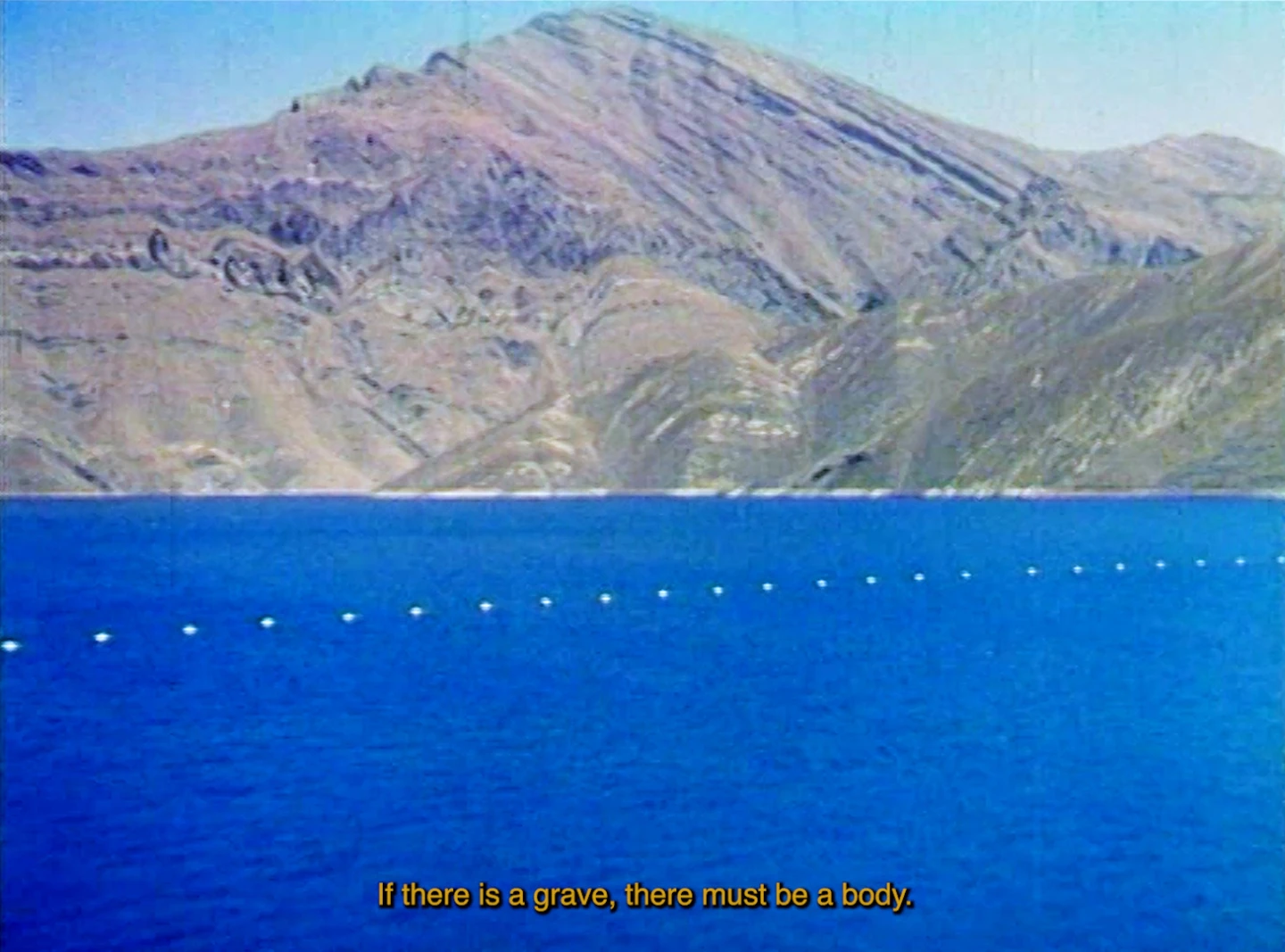Joaquim Jordà Residencies

Joaquim Jordà, Dante is not only severe, film, 1967.
Number of grants: 2
Amount: 9.000€ per grant
Call dates: July 10th - August 25th, 2025
Result announcement: From October 18 to 24, 2025 (pending day)
Organizado por: Museo Reina Sofía, FIDMarseille and Doclisboa
Museo Reina Sofía, FIDMarseille and Doclisboa present the fourth edition of this annual residency program aimed at filmmakers and artists who work in the field of film essay, experimental cinema and in all those manifestations shaping contemporary’s non-fiction cinema. The joint residency between a museum and two international film festivals offers the possibility of articulating different phases between the idea and the materialization of the audiovisual work. The objective of the program is to support the conception, development and production of film projects in the field of non-fiction cinema, finance their execution and partake in the international debate on this field of artistic endeavor.
The program honors Joaquim Jordà (1935-2006), a filmmaker with an original and emblematic work in the realm of non-fiction whose career spans, among others, the three countries of the institutions that host this residency. A Spanish National Cinematography Awardee (2006), his work is part of Museo Reina Sofía’s collection; his last retrospective during his lifetime was at the FIDMarseille (2006) and one of his early films, Portogallo, paese tranquilo (1969), addresses the resistance to the dictatorship in Portugal. Jordà traced a nonconformist and committed path in the creative documentary, characterized by the use of theatrical strategies and the staging of deeply experimental narratives that this grant seeks to recover and establish as a genealogy of contemporary non-fiction cinema.
The residency proposes three stages which comprehend the research and development of the project, its realization and its launch and will take place in Madrid, Marseille and Lisbon. The beneficiaries, two per year, will be invited to participate in the FIDLab and Doclisboa. The FIDLab is an international co-production platform that takes place during the FIDMarseille at the beginning of July, where different projects are presented to gather financing and achieve distribution. The two projects awarded with this Residency will be automatically evaluated by the independent jury of the FIDLab. If they were not found among the selected projects, they will still deploy the professional opportunities offered by the platform.
For its part, Doclisboa will provide the awardees with the relevant contacts of the international guests invited to the festival, held in the second half of October in Lisbon, and as a result awardees can establish connections with international networks of filmmakers, artists and producers.
The amount of the grants is €9,000 for each of the two selected projects. Taxes apply to Spanish tax residents; foreign tax residents will be exempt by providing the corresponding documentation. Payment will be made through two wire transfers: the first one at the beginning of the grant and the last one at the end once the final dossier has been submitted. This amount includes travel and accommodation expenses in Madrid. The expenses derived from trips to Lisbon and Marseille will be paid by the convening institutions, always considering a price tag within the European area and alike.
Resolution
End of the Present, by Andrea Bussmann, and Hôtel Homère, by Parastoo Anoushahpour, Faraz Anoushahpour, and Ryan Ferko, have been selected by the Joaquim Jordà Residencies Program for their 2026 call for proposals. Both projects are intertwined in their focus on memory and technological mediation using pre-existing material, such as surveillance and radio recordings, to explore how technology redefines our relationship with time and space.
While Andrea Bussmann addresses the fragility of individual memory and familial distance through domestic video surveillance cameras and phone calls between mother and daughter, Parastoo Anoushahpour, Faraz Anoushahpour, and Ryan Ferko's project focuses on how myths and stories persist in the language of modern media through an abandoned infrastructure and the latent traces of Homer's Odyssey on the Tunisian island of Djerba, breaking down the geographical boundaries between East and West through fable. In both cases, a specific location (a house and an abandoned hotel) become a stage where structural tensions manifest. End of the Present examines the fear, anxiety, and rising xenophobia among the white North American middle class, while Hôtel Homère use an abandoned hotel to address colonial history and contemporary displacement in imagined geographies through literature and enchantment. Both film proposals are exciting examples of how to approach research in contemporary cinema in a creative, artistic, and interdisciplinary manner. The jury therefore considered them the winning projects for the 2026 Joaquim Jordà Residency.
Andrea Bussmann (Canada, 1980), End of the Present
A non-fiction essay that explores aging, memory, and migration through familial intimacy and the aesthetics of surveillance. The project is based on recordings of phone calls between the filmmaker and her mother, combined with footage from the surveillance cameras her mother installed in their home. The work explores the growing paranoia and anxiety of the white middle class regarding difference and migration, while examining how surveillance technologies blur the line between care and control.
Andrea Bussmann is a filmmaker trained in Social Anthropology. Her films have won awards at Mar del Plata, PortoPostDoc, ZINEBI, Locarno, and RIDM, and have had retrospectives at Jeu de Paume (Paris), Metrograph (New York), and KaSK Cinema (Belgium).
Faraz Anoushahpour (Iran, 1987), Parastoo Anoushahpour (Iran, 1986), and Ryan Ferko (Canada, 1987), Hôtel Homère
Hôtel Homère is an experimental non-fiction feature film that explores the intersection of mythology, geography, and translation. The film takes place over 24 hours in the abandoned Hôtel Homère on the island of Djerba (Tunisia). The project is inspired by the myth of the “Lotus Eaters” from Homer's Odyssey, a place where Ulysses and his companions forgot their desire to return home and which, according to various interpretations, took place on this island. The filmmakers discovered echoes of this myth in the infrastructure of this place: the abandoned hotel, which was once a resort, and a local radio station called Ulysse FM. The film attempts to represent these myths through the stories of the hotel workers, incorporating elements of experimental theater and performance. The aim is to explore the persistence of myths to delineate other geographies through the power of fiction and fabulation.
Parastoo Anoushahpour, Faraz Anoushahpour, and Ryan Ferko have worked together since 2013. Their practice explores the interaction of subjectivities to address power in narrative structures. Their work moves between museum and film contexts and has been presented at venues such as MoMA, e-flux, Mercer Union, Berlinale, Viennale, NYFF, and TIFF. They have also participated in the Flaherty Film Institute
The jury was composed of Tsveta Dobreva and Cyril Neyrat (FIDMarseille), Hélder Beja and Cíntia Gil (Doclisboa), and Elena Corrales and Chema González (Museo Reina Sofía).


